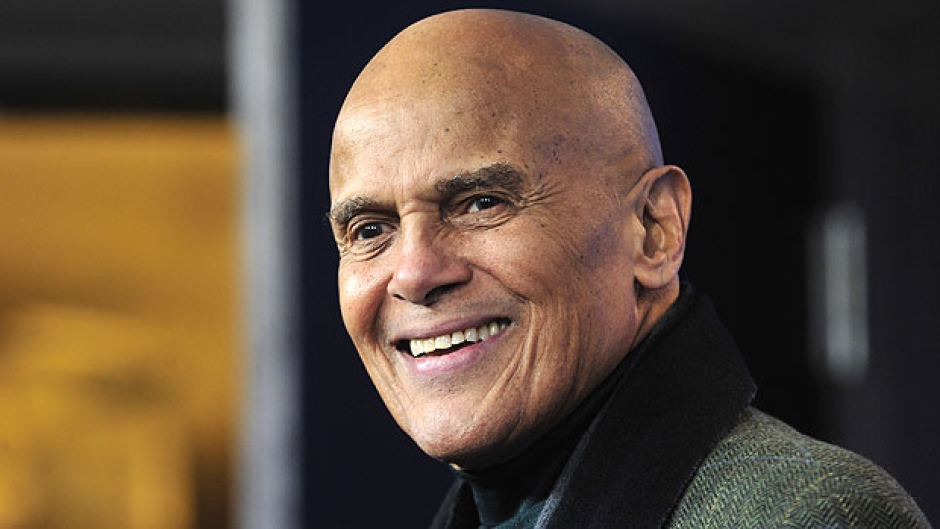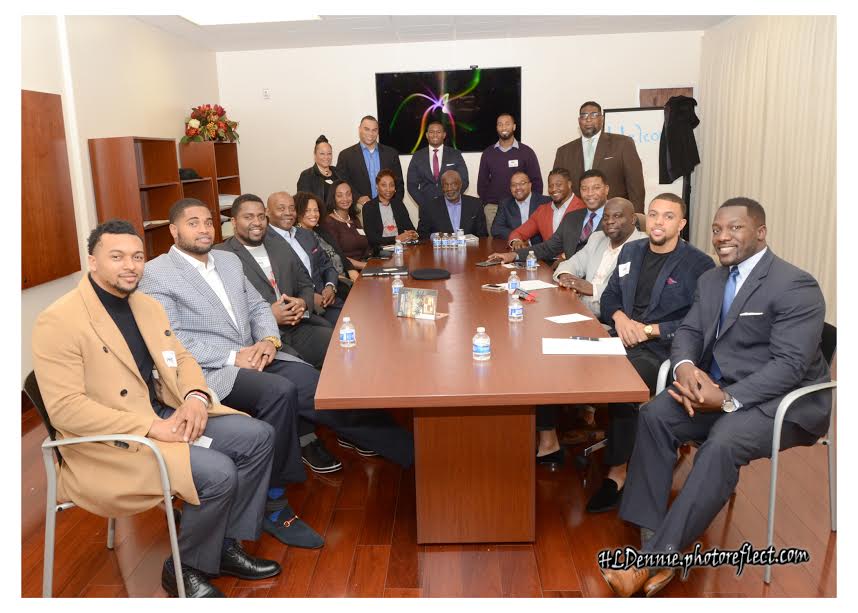
Last week, Harry Belafonte spoke to a pack at the University of Oklahoma to hear his stories about activism, the Civil Rights movement, and the role of actors on the stage of life, his upbringing with immigrant parents and what he thinks about the current national political climate and government.
University President David Boren remarked that the audience, over 1500, was the largest of its kind in the history of Oklahoma University. Well that it was because Mr. Belafonte put it in perspective a worldview of history much needed to be heard in these parts.
Born of Jamaican immigrants in Harlem, NY on March 1, 1927, almost two years before the birth of Rev. Dr. Martin Luther King Jr, in the 1940’s he studied acting with the likes of Walter Matthau, Marlon Brando, Tony Curtis, Bea Arthur, and Sidney Poitier. During his studies at the Dramatic Workshop of the New School in New York, after classes, he hung out with, among others, the likes of famed musicians Lester Young, Charlie Byrd, Charlie Parker, Max Roach and Miles Davis, all icons in their own right. He was embraced by Eleanor Roosevelt, wife of President Franklin Roosevelt, and noted classical singer Paul Robeson. His folk singing musical career was molded by the influence of folk artists Woody Guthrie and Huddie William Ledbetter, better known as Lead Belly.
As a seven year old, his mother admonished him never let a day go by failing to right an injustice being done to another. Robeson, whom he met in his formative years at the American Negro Theater in NY, planted in him the notion that actors are the “gatekeepers of truth”. Robeson, who was famous, brought the world’s attention to America’s racial hypocrisy as he was touring communist Russia.
A few years later, and after selling one million records of his signature calypso “Banana Boat Song (Day O),” the first to sell a million records, Dr. King sought his help and Belafonte provided not only the financial resources but his voice echoed the non-violence, and moral message Dr. King brought to the world stage. As the “Gate Keeper of Truth” and the “Drum Major for Justice,” Dr. King, they formed a formidable alliance and the rest is history.
Belafonte is credited with helping finance and organize several Civil Rights movement efforts, including the 1961 Freedom Rides, the March on Washington in 1963 and bailing King out of jail. He also lent his voice and efforts to the anti-apartheid movement in South Africa, as well as the campaign to free Nelson Mandela. Belafonte was one of the main organizers in creating the multi-artist song “We Are the World,” which raised support and money for Africa and won a Grammy.
Recently, Belafonte was an honorary chairman of the Women’s March that took place in January.
Belafonte said of his celebrity, “the greatest question wasn’t what to do with all of the money but what to do with the platform I had.” There were no stars in Hollywood, there were no plays on Broadway that celebrated our culture,” he said. “The lack of an African American presence on stage and screen in Hollywood became a motivation and he was the first to advocate for social causes.
He laments that today black actors and artists are remiss in speaking out for social justice when so much activism is so much needed.
Former state senator and Oklahoma gubernatorial candidate Connie Johnson asked him about the importance of African Americans voting. “In the vote, you touch the central nerve of oppression,” he said. “I would hastily tell [young African Americans] that there is no greater gift than to vote for who we want and against what we don’t want, and to not use that gift is to underwrite our own oppression.”
“One of the great opportunities we have is the line is so firmly drawn that the public no longer has to settle for ambivalence,” Belafonte said about President Donald Trump’s administration. “The truth is quite naked. Make it your business to know, because in your knowledge resides your liberation.”
Approaching his 90th year Belafonte’s message is as relevant today as ever. His example is even more inspiring. He spent his life challenging racial barriers around the globe”.
As he passes the torch. He exhorts us to “keep speaking out, keep marching and keep fighting non-violently”.









